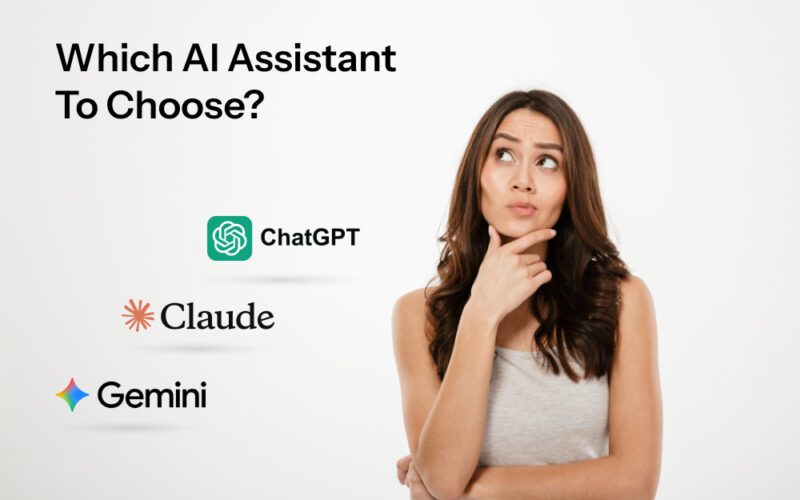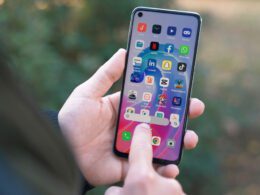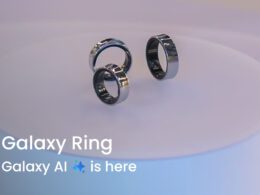When comparing Claude vs ChatGPT alongside Google’s Gemini, the AI landscape reveals three distinct powerhouses battling for dominance. However, each offers unique strengths that cater to different user needs. Therefore, making an informed decision requires understanding their key differences and capabilities.
What Makes Each AI Assistant Stand Out?
Claude Sonnet 4 represents Anthropic’s latest achievement in conversational AI technology. Furthermore, as part of the Claude 4 family, it emphasizes safety, nuanced reasoning, and natural conversation flow. Consequently, the model excels at complex analysis, coding tasks, and maintaining context over extended conversations.
ChatGPT remains OpenAI’s flagship offering, with rumors of GPT-5.5 on the horizon. Additionally, it’s known for its versatility and widespread adoption, establishing itself as the go-to AI for general users and businesses alike.
Google Gemini leverages Google’s vast data resources and integration with Google services. Moreover, it offers strong multimodal capabilities and seamless integration with the Google ecosystem.
Performance Analysis: Where Each AI Assistant Excels
Claude vs ChatGPT: Reasoning and Logic
Claude Sonnet 4 demonstrates exceptional performance in logical reasoning and multi-step problem solving. Furthermore, it excels at breaking down complex problems while providing well-structured, thoughtful responses. Meanwhile, ChatGPT maintains strong analytical capabilities, particularly in creative problem-solving scenarios. Additionally, Gemini shows impressive performance when integrated with Google’s knowledge base.
Programming and Technical Tasks
When comparing Claude vs ChatGPT for programming tasks, Claude Sonnet 4 offers excellent code generation with careful attention to best practices. Similarly, it prioritizes security considerations throughout development. In contrast, ChatGPT provides versatile coding assistance across multiple languages. Meanwhile, Gemini integrates well with Google’s development tools and cloud services.
Creative Applications and Content Generation
ChatGPT continues to lead in creative writing and brainstorming tasks, offering imaginative and diverse outputs. However, Claude Sonnet 4 provides thoughtful, well-structured creative content with strong attention to detail. Meanwhile, Gemini excels when creative tasks require real-time information or Google service integration.
Real-World Applications: Claude vs ChatGPT vs Gemini Use Cases
Choose Claude for:
- Complex analysis and research projects
- Professional writing and documentation
- Code review and technical problem-solving
- Tasks requiring careful, nuanced reasoning
Opt for ChatGPT when you need:
- Creative writing and brainstorming sessions
- General-purpose assistance and conversation
- Educational content and explanations
- Established ecosystem of plugins and integrations
Select Gemini for:
- Google Workspace integration projects
- Real-time information needs
- Multimodal tasks involving images and documents
- Projects requiring Google service connectivity
Pricing and Accessibility in 2025
ChatGPT offers both free and premium tiers, with ChatGPT Plus providing advanced features. Similarly, Claude is accessible through various pricing models depending on usage requirements. Meanwhile, Gemini integrates with existing Google service subscriptions, often providing value for users already in the Google ecosystem.
Final Verdict: Claude vs ChatGPT Winner?
Ultimately, the best choice depends on your specific needs:
- For professionals and researchers: Claude’s analytical depth and safety-focused approach make it ideal
- For creative users and general tasks: Nevertheless, ChatGPT’s versatility and creative capabilities remain unmatched
- For Google ecosystem users: Consequently, Gemini’s integration advantages provide seamless workflow benefits
Rather than committing to just one, many users find success using different models for different tasks. Therefore, leveraging each AI’s unique strengths becomes the optimal strategy.
Finally, as these models continue advancing, we’re witnessing the dawn of truly helpful AI assistants. Moreover, they can augment human capabilities across virtually every domain. However, the question isn’t which AI will win—instead, it’s how quickly we’ll adapt to this AI-powered future.









